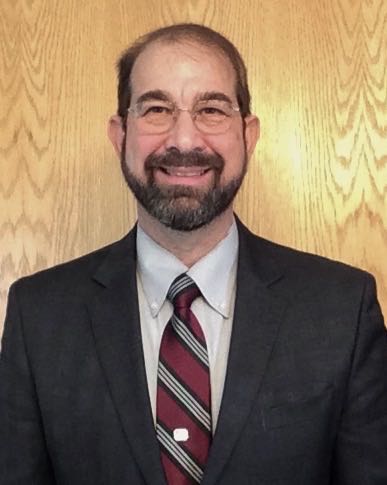With a professional career spanning more than 35 years, Matt Sunseri ’81, the president and CEO of Zeus Enterprises LLC., has had his fair share of experience in the nuclear engineering industry. Sunseri graduated from Texas A&M University with a Bachelor of Science in nuclear engineering, and has since served in a variety of industry roles. Now he is transitioning into an advisory role with the Department of Nuclear Engineering at Texas A&M, hoping students and faculty in the department will benefit from his years of experience.
“After 35 years of being in commercial nuclear power plants I feel like it is a time to redirect my career and start giving back to the field that has provided so much for me,” Sunseri said. “I am looking forward to participating with the Nuclear Engineering Advisory Council as a part of the nuclear engineering program at Texas A&M. Hopefully, sharing some of my experiences will help the program prepare future Aggie nuclear engineers for their important role in our society.”
In his new role, Sunseri was recently able to lend his views and experience to the department during the spring meeting of the 2017 Nuclear Engineering Advisory Council, where he and other industry and academia experts provided insight and guidance to the department.
 Sunseri’s career in industry began as a nuclear engineer performing startup testing, and progressively advanced through roles as a reactor engineering supervisor, plant manager, site vice president and chief nuclear officer, among many other positions. His last role in industry was CEO of Wolf Creek Nuclear Operation Corporation, and he currently provides management consulting services to the nuclear industry and participates on not-for-profit technical and philanthropic boards and committees. Sunseri has attributed his experience at Texas A&M as important in his success.
Sunseri’s career in industry began as a nuclear engineer performing startup testing, and progressively advanced through roles as a reactor engineering supervisor, plant manager, site vice president and chief nuclear officer, among many other positions. His last role in industry was CEO of Wolf Creek Nuclear Operation Corporation, and he currently provides management consulting services to the nuclear industry and participates on not-for-profit technical and philanthropic boards and committees. Sunseri has attributed his experience at Texas A&M as important in his success.
“When I left college, I took with me a Bachelor of Science in nuclear engineering, and in addition to that A&M gave me a strong sense and feeling of leadership,” Sunseri said. “I not only wanted to be part of a team, I wanted to lead the team. Being an Aggie means you strive for excellence in everything that is important to you. I think it is that pursuit of excellence that brought out the leadership characteristics in me.”
When Sunseri entered the workforce as an engineer at a commercial nuclear power plant under construction, he found that what attracted him to industry was working with people to create something new. He also discovered early on that he could make an impact as an individual contributor on a team and as team leader.
“My influence was multiplied by the members of the team I led,” Sunseri said. “One of my greatest satisfactions in my career is seeing the pride on team members’ faces as they are recognized for whatever accomplishment we achieved together.”
In transitioning, one thing Sunseri hopes to provide the department and its students is guidance in working within the broad range of positions that the nuclear industry has to offer.
“My advice to nuclear engineering students or anyone starting out is to keep in mind that you will be pursuing a career, not a job,” Sunseri said. “There is a big difference between the two. A job is something that has to get done while a career becomes part of you and you a part of it. A career is personal and you shouldn’t let other people make career decisions for you--make them yourself.”
Sunseri is also excited about the future of nuclear engineering and the possibilities that it will bring to young engineering students.
“It would be difficult to imagine a world without the use of nuclear science and technology,” Sunseri said. “Think about nuclear medicine, smoke detectors, microwave ovens, spacecraft power supplies and many more common uses of nuclear science and technology. These things are possible because nuclear engineers bridged the gap between physical phenomena and practical need. Through our outreach we should strive to get more girls and boys involved in science, technology, engineering and mathematic programs so that we have more nuclear engineers to continue to bring to us the modern conveniences that make society and life better.”